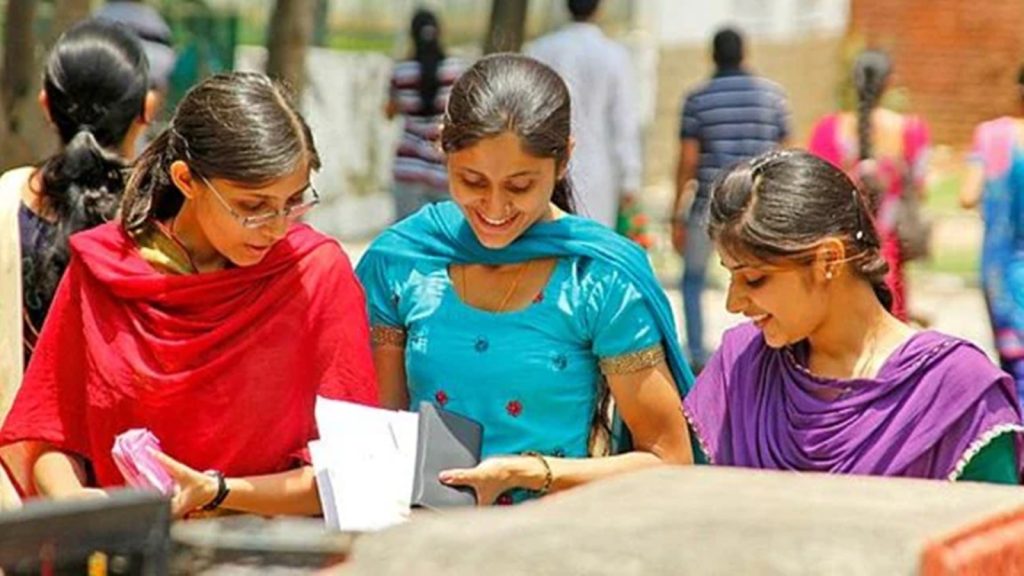Context:
Recently, the International Labour Organization (ILO) report highlights that majority of the Indian women are outside the labour force due to caring responsibilities.
Key Highlights of the Report
The International Labour Organization (ILO) recently published its report titled “The Impact of Care Responsibilities on Women’s Labor Participation”, analyzing data from 125 countries.
According to the Report, in 2023, 748 million people aged 15 and above were outside the global labour force due to care responsibilities, of which 708 million were women.
- The previous estimate by ILO for 2018 had found that 606 million women were not participating in the labour force due to care responsibilities.
The share of women outside the labour force due to care responsibilities is 45% globally, with the highest shares in Northern Africa (63 per cent) followed by the Arab States (59 per cent), Asia and the Pacific (52 per cent) while eastern Europe had the lowest rate globally (11 per cent).

- Iran, Egypt, Jordan, Mali and India have more than 50% of women outside the labour force due to care responsibilities.
- In comparison, just around 1.1 per cent of men stay outside the labour force due to care responsibilities in India.
- Report highlights that Belarus, Bulgaria, Latvia and Sweden have less than 10% of women outside the labour force due to caregiving while investing around 1% of GDP in early childhood care and education (ECCE).
- The report also showed that 97.8% of women and 91.4% of men in India are outside the labour force due to personal or family reasons.
- According to the Periodic Labour Force Survey (PLFS) for 2023-24, 36.7% of females and 19.4% of the workforce in India are engaged in unpaid work in household enterprises as against 37.5% of females and 18.3% of total workers in 2022-23.
About the International Labour Organization (ILO)
The ILO was established in 1919 by the Treaty of Versailles. Later, in 1945 ILO became the first specialized agency of the United Nations.
- Treaty of Versailles, was a peace document signed at the end of World War I by the Allied and associated powers and by Germany in the Palace of Versailles, France. It was signed on June 28, 1919, and took force on January 1920.
It was founded on the conviction that universal and lasting peace can be established only if it is based on social justice.
It is the only tripartite U.N. agency, which brings together governments, employers and workers of 187 Member States. India is one of the founding members of the organization.
The ILO was awarded the Nobel Peace Prize in 1969.
The ILO accomplishes its work through three main bodies:
- The International Labour Conference: It meets annually in Geneva to set the international labour standards and the broad policies of the ILO.
- The Governing body: It is the executive council of ILO and meets three times a year in Geneva to take decisions on ILO policy and budget.
- The International Labour Office: This is the permanent secretariat of the International Labour Organization.

